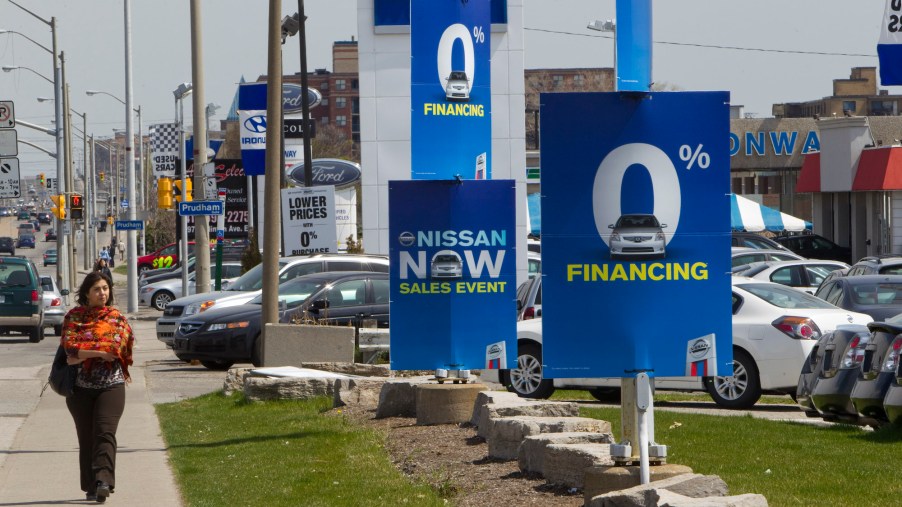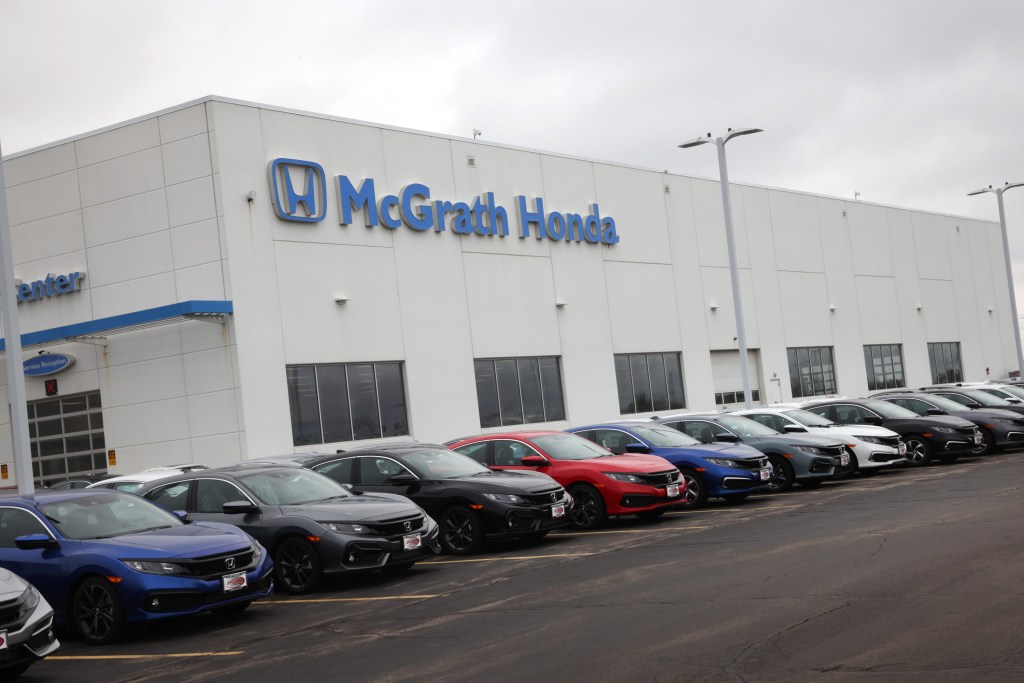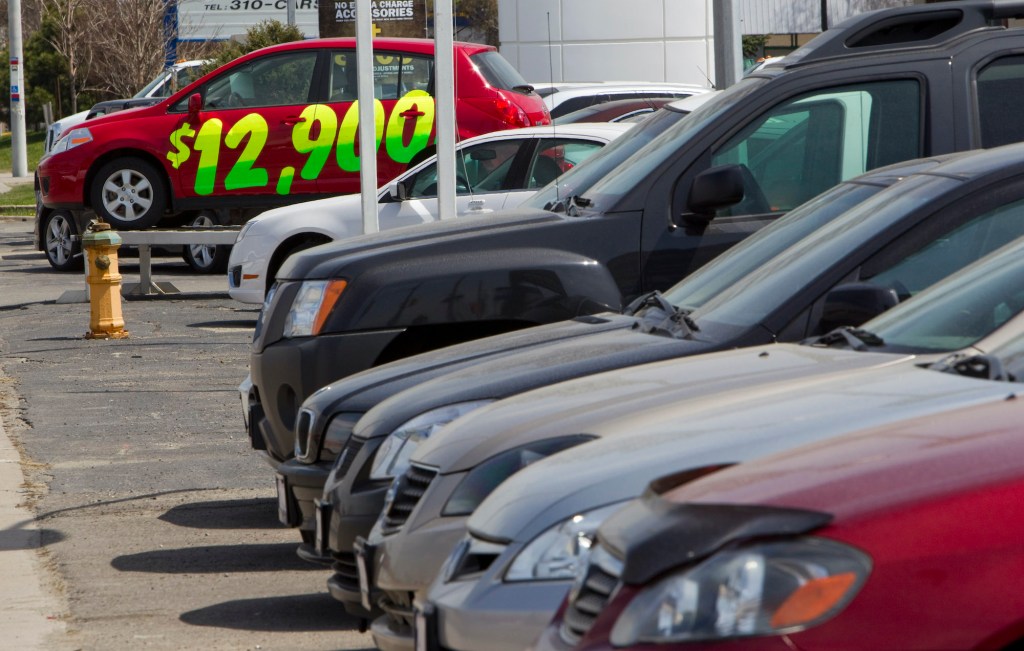
Is it Smart to Buy a Car Before Buying a House?
A car is the second-largest life purchase that you’ll typically make next to buying a house. And considering that you’ll most likely finance both of them, you might be wondering which one you should buy first; a car or a house. Is there really a correct order to make these big life purchases? Let’s take a closer look.
Buying a car might prevent you from getting a mortgage

Let’s face it, a car is an emotional purchase first and a necessity second, unless you’re in dire need of a car. But in most cases, you have probably thought to yourself something like, “Buying a $40,000 car is cheaper than buying a $500,000 house. So maybe I’ll do that first.” Don’t do it.
First, a car is a depreciating asset that will lose value over time whereas a home can appreciate in value, so it makes more sense to buy it first. Second, if you’re looking to purchase a home, then financing or leasing a car can prevent you from getting approved for a mortgage. According to Credit.com, financing a car can subtract from your overall buying power when it comes to buying a home. It’s called your “debt-to-income ratio” (DTI) and most mortgage lenders want to see a DTI ratio of less than 43%, ideally.
Your debt-to-income ratio is important when buying a car or a home
The debt-to-income ratio is calculated by taking all of your debts (or outgoing money) and dividing it by your income (or incoming money). For example, if you make $3,500 a month, but have $1500 worth of debt, then your DTI ratio is 33%. That’s not bad, however, if you were to add a massive car payment – say, $700 a month — onto that total because you just have to have that fancy BMW, then your DTI ratio would increase to 48%.
As you can see, a mortgage lender is more likely to lend money to you for a house if your DTI is lower. Additionally, if you were pre-approved for a home loan and then bought a car between the time that you were pre-approved and closed on the house, then your pre-approval could fall through. Credit.com reports that the preapproval is based on your finances and credit during the time that you apply, but the final approval is based on your financial situation when the underwriting occurs.
In that case, if you finance or lease a car during that time, then the new monthly payment will eat up some of the funds that can otherwise go toward your new house.
Can I ever buy a car before buying a house?

Yes! As long as your debt-to-income ratio is lower than 43%, or as low as possible, then you’ll have a better chance of getting approved for a home loan. Also, if you don’t plan to buy a house for a while – like three or more years – and can pay off most of the car in time, if not all of it, then you can buy a car before a house.
One important thing to note is that we at MotorBiscuit are not financial advisors and are in no way telling you how to make your large life purchases. For more information on your specific situation, please contact a financial adviser or home loan lender. Otherwise, buying a house before a car seems to be the wiser choice.



